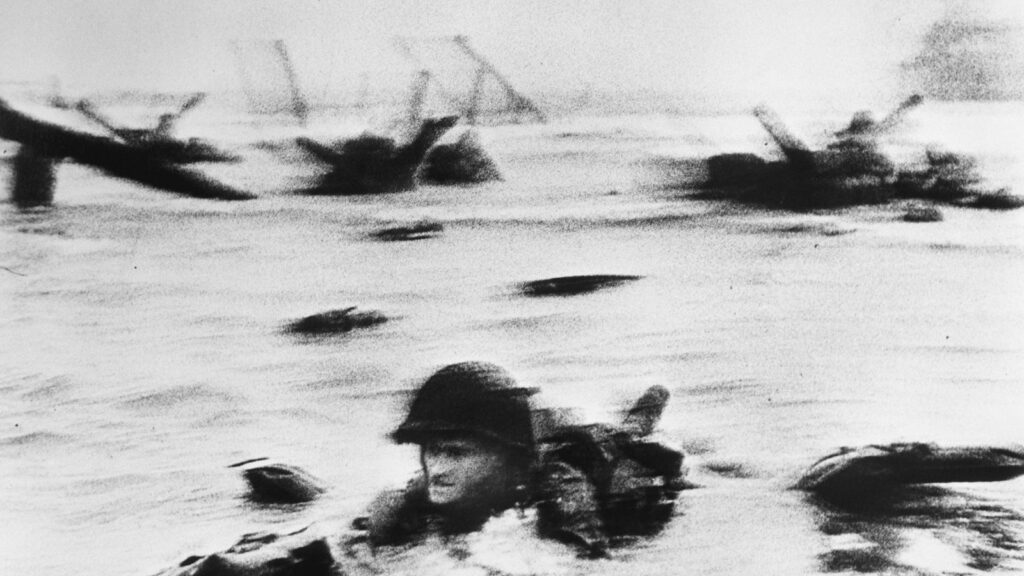Operation Overlord, also known as D-Day, was a historic turning point in World War II. The largest seaborne invasion in history, it took place on June 6, 1944, as Allied forces landed on the beaches of Normandy, France, to liberate Europe from Nazi occupation. Under the leadership of General Dwight D. Eisenhower, the extensive planning and preparation for the operation took place in 1943. The successful invasion of Normandy allowed the Allies to gain a crucial foothold in Western Europe and ultimately led to the defeat of Nazi Germany. The legacy of Operation Overlord is commemorated annually on D-Day, serving as a testament to the bravery and determination of the Allied forces.
Operation Overlord: The Massive Allied Invasion of Normandy
Operation Overlord, also known as D-Day, was the largest seaborne invasion in history and a turning point in World War II. The invasion took place on June 6, 1944, when Allied forces landed on the beaches of Normandy, France, in an effort to liberate Europe from Nazi occupation. The success of Operation Overlord ultimately led to the defeat of Nazi Germany and the end of the war.
Planning and Preparation
The planning for Operation Overlord began in 1943, under the leadership of General Dwight D. Eisenhower, the Supreme Commander of the Allied Expeditionary Force. The invasion required a massive amount of preparation, including the training of troops, the manufacturing of landing craft and other equipment, and the coordination of air and naval support.
The Assault
On the morning of June 6, 1944, over 156,000 Allied troops from the United States, United Kingdom, Canada, and other nations landed on the beaches of Normandy. The invasion force was supported by over 5,000 ships and 13,000 aircraft. Despite facing heavy resistance from German forces, the Allied troops were able to establish a foothold on the beaches and begin their advance inland.
Turning the Tide
Operation Overlord was a pivotal moment in World War II. The successful invasion of Normandy allowed the Allies to gain a crucial foothold in Western Europe, and it paved the way for the liberation of France and the eventual defeat of Nazi Germany. The invasion also marked the beginning of the end for Hitler’s regime, as the Allies were able to push German forces back and begin the liberation of other occupied territories.
Legacy and Remembrance
Operation Overlord was a costly endeavor, with thousands of Allied soldiers losing their lives in the initial assault on the beaches of Normandy. The sacrifices made by these brave men are commemorated each year on June 6, known as D-Day, and the beaches of Normandy have become hallowed ground for those who wish to honor their memory.
The success of Operation Overlord continues to be celebrated as a testament to the bravery and determination of the Allied forces, and the invasion remains a symbol of hope and triumph in the face of adversity.
